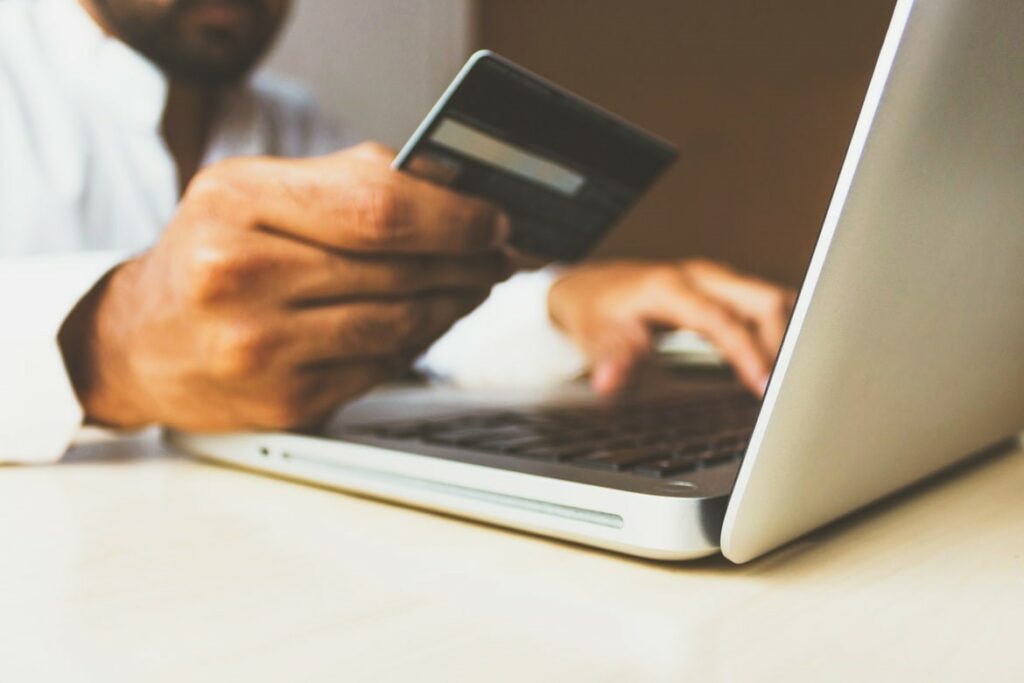Shopping online was one of those things that – as soon as it became an option – was destined to dominate. –An evolution that became a revolution. Like the predictable decline of the horse and buggy after the invention of the automobile, online shopping just makes sense. Of course, the great pandemic of the last few years has helped hurry the transition along. By 2023, estimates are that some 91% of the US population will be shopping online. Free shipping and next-day arrival offers are just some of the cherries on a cake of convenience. One day children will gasp in horror as their elders tell stories of having to get into a gasoline-powered car, then drive for miles to a brick-and-mortar store, then sort through a variety of options before at long last, finally finding the item they wanted, before proceeding to check out, paying with cash, and then driving home. This was a process that could take as long as several hours!! We jest, but you get the idea. Online shopping is awesome and is here to stay. However, there are some potential risks. Fraud and identity theft are significantly more of a potential hazard when transitions are occurring through cyberspace. If, however, you have a high degree of confidence in the site you are shopping at or browsing for deals on, much of your concerns can be alleviated. How do you keep yourself safe when online shopping? A simple way is by making sure the site you are on is what it claims to be.
Tip one for staying safe online when shopping is to use a safe browser with a security scanner. Most of us have experienced a clumsy phishing attempt. An email – that generally goes directly into your junk or spam folder – purporting to be from Amazon.com or Apple Music, but is misspelled or has a logo that is “off” in some way. But these attempts are by amateurs. There are plenty of very sophisticated scammers out there hunting for prey, but they can be thwarted by web security scanners that search the net ahead of you as you browse and alert you to potential danger. Many shoppers are finding it’s much safer to use a safe browser that provides real-time security scans that help eliminate the potential for giving your data to some bad actor or falling victim to a scam, a virus, malware, or ransomware attack, or getting tripped up by some other cyber malfeasance.
Tip two is to avoid using public Wi-Fi networks. These unsecured networks are easy pickings for e-criminals and your data can literally be snatched out of the air as it travels between you and its intended target.
Tip 3 is for most, probably not all that hard to follow, but when shopping online it’s always best to use a credit card. Credit cards are backed by credit card companies, giving you recourse should something go wrong. Giving out bank details online is not recommended. Another option for payment is using online services such as Payoneer or PayPal.
Tip four is keeping your software and virus protection up-to-date. Everything seemingly just works with modern computers. So much so to the point that it often almost feels like magic. But computers need updates and virus protection that’s expired or a password that is compromised can equal a lot of trouble and pain for yourself and those connected to you, should scammers get ahold of their personal details through you.
And finally, tip 5 is to use common sense. As the old line goes, if it looks too good to be true… it probably is. Despite being very old and ridiculously laughable, scam efforts such as the famous ‘Nigerian Prince’ or other such ‘I-found-a-bucketload-of-money-and-need-your-bank-details-so-I-can-give-you-20-percent,’ people still fall for these old chestnuts and their descendants every year. Greed and or perhaps naiveite can be deadly. And just because you laugh at the dumb scams doesn’t mean you’re immune. Plenty of very smart people have taken the bait as phishing scams grow incredibly complex and painstakingly targeted. Stay safe by making sure the sites you shop at are secure,
and by keeping your computer network and cyber safety awareness up-to-date.
